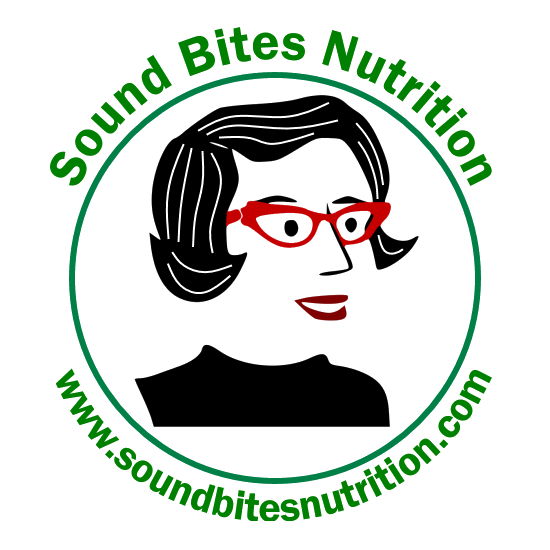Early Age at Menopause & Cardiovascular Risk
Going through menopause is no picnic. Hot flashes, mood changes, weight gain, fatigue, and disrupted sleep are all symptoms that no woman wants to endure.
When you go through menopause is often genetically determined. The average age for most women is 51 years though some women may experience it at a younger age. Menopause occurs when your menstrual cycle has stopped for 12 consistent months. New research suggests that going through this change at a younger age may impact insulin sensitivity.
According to a cross-sectional and longitudinal study published in Menopause, women going through menopause at a younger age have lower diastolic blood pressure (great) and increased risk of insulin resistance (not so great).
Determining if age at natural menopause is connected with common postmenopausal risk factors for cardiovascular disease including lipids, inflammatory markers, and glucose metabolism may help understand risks that may increase the likelihood of developing heart disease in women.
Zayne Milena Roa-Díaz, PhD, from the Institute of Social and Preventive Medicine and the Graduate School for Health Sciences at the University of Bern, Switzerland, and colleagues noted. “In this study, using data from a population-based cohort study in Lausanne, we aimed to determine whether early age at natural menopause is cross-sectionally and longitudinally associated with changes in CV risk factors, including total cholesterol, triglycerides, low- and high-density lipoprotein, apolipoprotein B, fasting glucose, insulin levels, homeostatic model assessment for insulin resistance (HOMA-IR), systolic and diastolic blood pressure and high-sensitivity C-reactive protein.”
Roa-Díaz and her team evaluated data from 981 post-menopausal women from the Swiss CoLaus study who provided their age at natural menopause. All subjects had blood lipids, BP, glucose, HOMA-IR, and inflammatory markers — at baseline between 2003 and 2006 and at first follow-up between 2009 and 2012.
Age at natural menopause was considered under the age of 45 years or at 45 years and older. There were 882 total subjects.
Compared with women whose age at natural menopause was younger than 45 years, diastolic blood pressure was higher in those at age 45 and up. However, in the longitudinal analysis with an average follow-up period of 5.6 years, women who went through natural menopause under the age of 45 had increased log insulin and log HOMA=IR (Homeostatic Model Assessment of Insulin Resistance). This number provides information on how much insulin your pancreas needs to make to control your blood sugar levels
There was no observed association between age at natural menopause and other risk factors for cardiovascular disease.
The study authors note that more research with validated status of menopause and age at natural menopause are necessary to repeat the findings and further evaluate if age at natural menopause has short or long-term effects on cardiovascular risk factors.
Below are tips you can do to improve insulin sensitivity (to reduce risk of diabetes) and lower risk of cardiovascular disease:
· Ask the older women in your family (mom, aunts, older sisters) when they went through menopause. This may help you determine your natural age (and help you prepare).
· Get your blood sugar, Hba1C and lipids checked at your annual physical. This helps your healthcare team track trends in your risk factors.
· Do regular exercise. Physical activity increases HDL (healthy cholesterol) and reduces LDL (lousy cholesterol). It also improves insulin sensitivity.
· Reduce intake of alcohol and refined/processed sugars. Both increase the chance of unwanted weight gain and affect sleep.
· Include adequate fiber in your diet from beans, lentils, fruit, whole grains, and vegetables. High fiber foods help reduce your risk of diabetes, obesity, and heart disease.
· Get to sleep! Poor sleep also impacts risk for diabetes, weight gain, elevated blood pressure and risk for heart disease.
· Eat enough protein in your diet to maintain muscle mass and manage appetite. We lose muscle as we age, which drops our metabolism.
· Include strength training exercises at least 2 days a week to maintain muscle. Food itself won’t build muscle.
· Cut back on fried food, fast food, high-fat desserts, and highly processed snacks. All have been linked with risk for heart disease.
· Be mindful of stress and learn how to reduce it. This may also reduce your risk of cardiovascular risk as you age.
Reference:
Roa-Díaz ZM, Wehrli F, Lambrinoudaki I, Gebhard C, Baumgartner I, Marques-Vidal P, Bano A, Raguindin PF, Muka T. Early menopause and cardiovascular risk factors: a cross-sectional and longitudinal study. Menopause. 2023 Jun 1;30(6):599-606. doi: 10.1097/GME.0000000000002184. PMID: 37130378; PMCID: PMC10227937.
